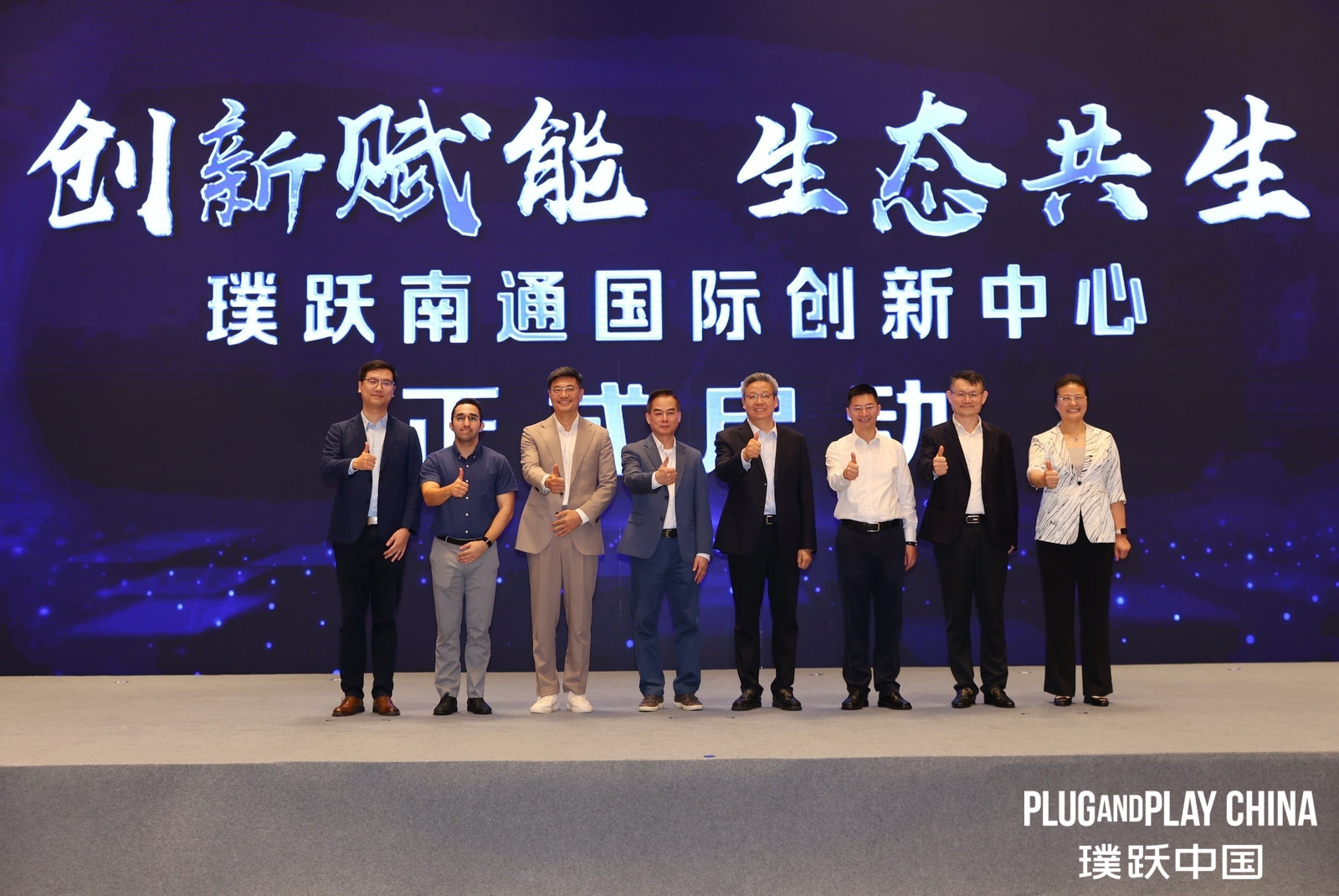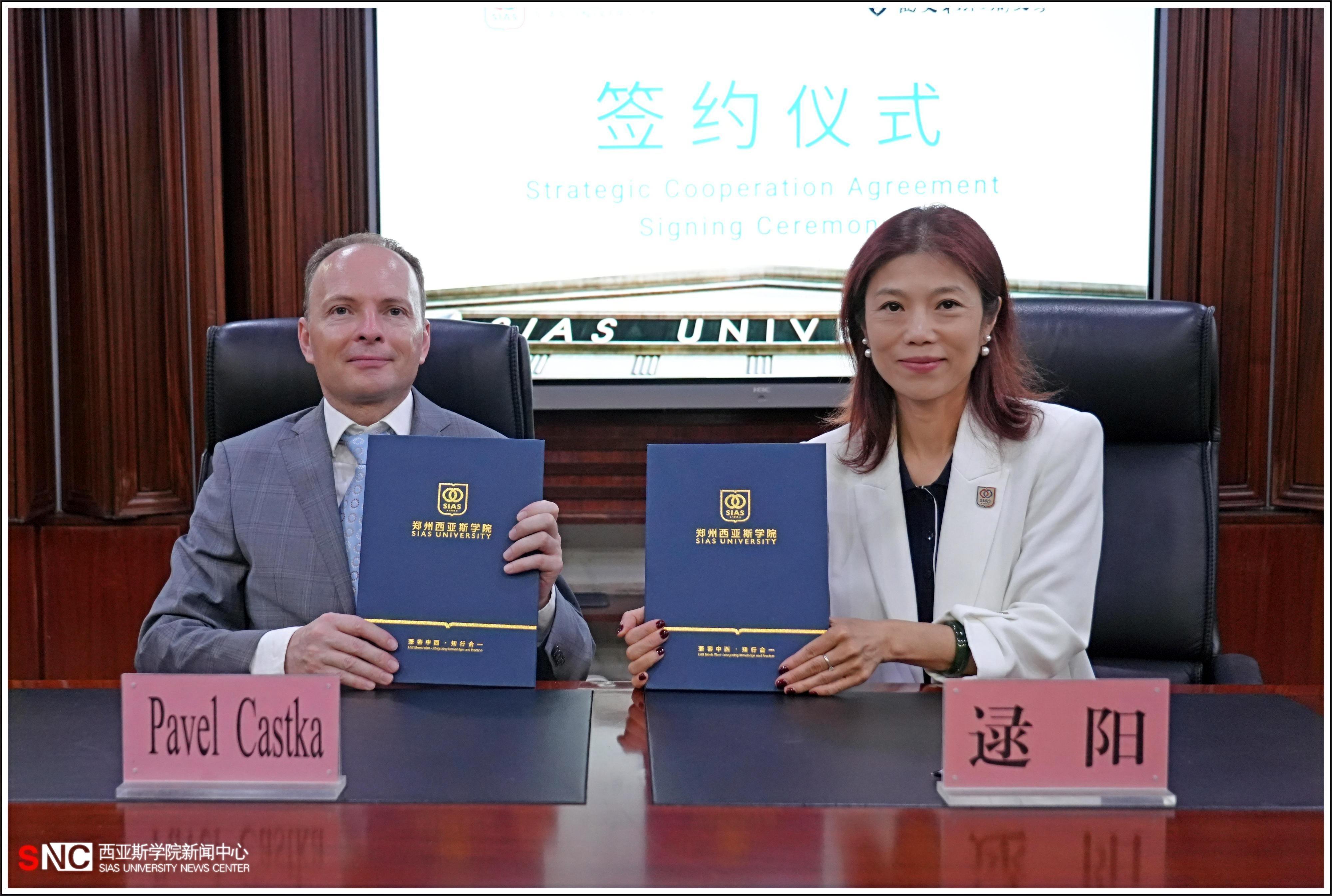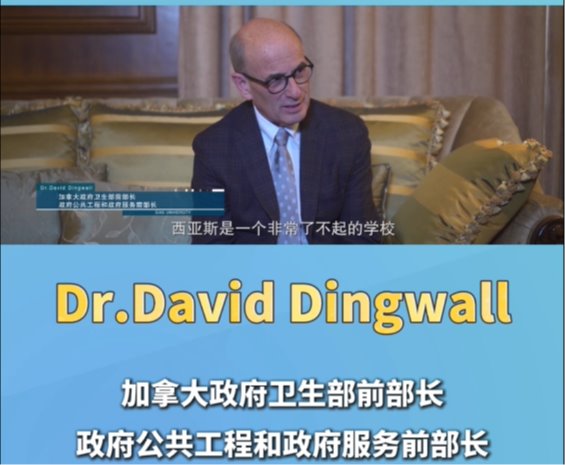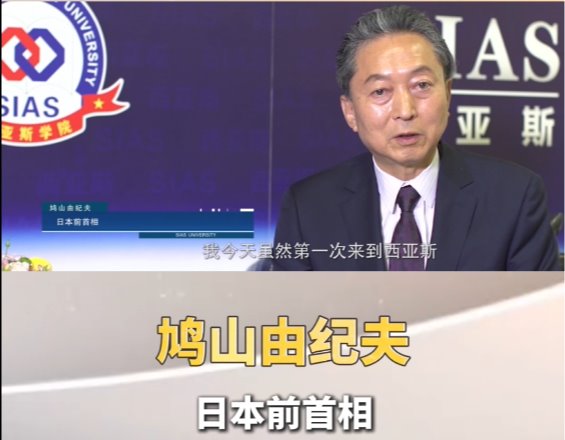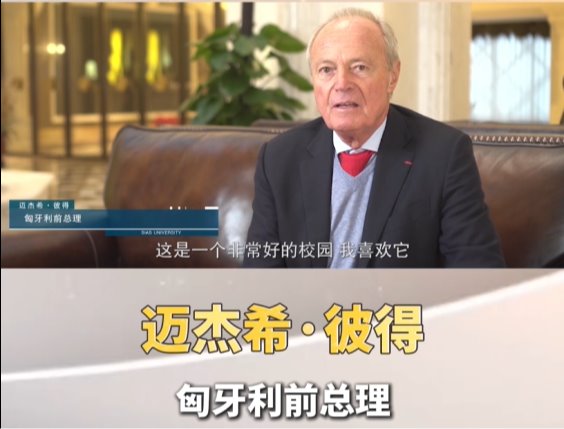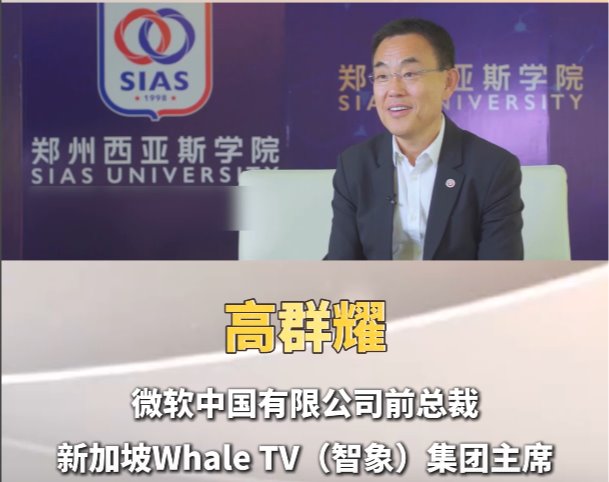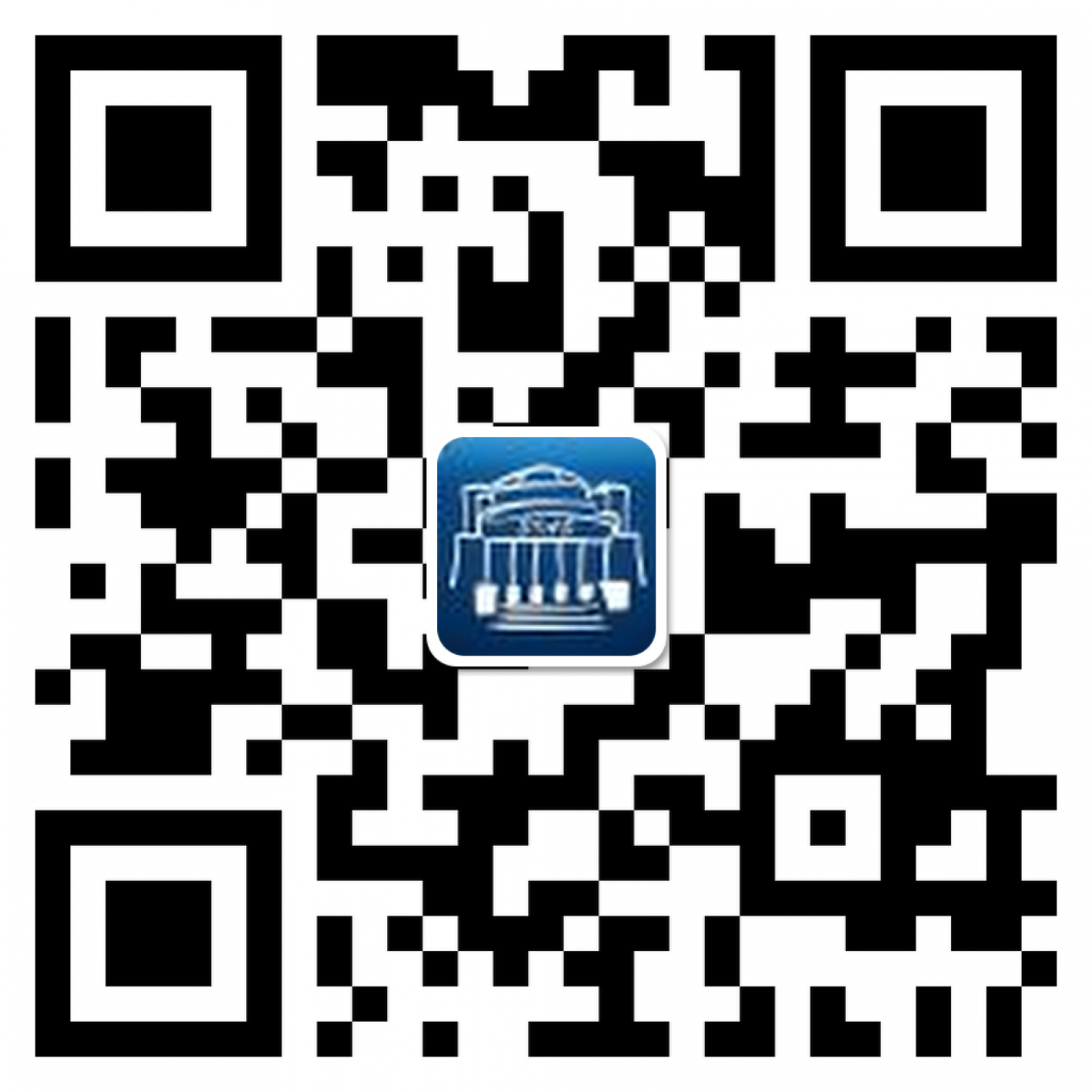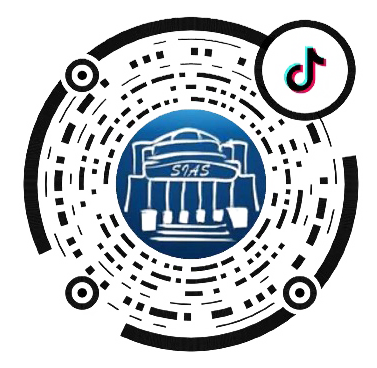Sias University's 2021 Summer Training Conference began on the 8th of July, 2021. The Founder, and Chairman of the Board, Dr. Shawn Chen, Party Secretary, Ma Jiansheng, Acting President, Zhao Yuxin, Deputy Party Secretary, and Chairman of the Discipline Inspection Commission, Li Huafeng, Vice President Xu Shengdao, Vice President, and Chairman of the Trade Union, Wu Hua, and Vice President, Zheng Min, attended the conference. The entire staff of Sias, representatives of all departments, academic schools, residential colleges, the student union, and student associations were also present.
The conference began with a performance by the String Quartet from the School of Music & Opera. After the singing of the national anthem of the People's Republic of China, Wu Hua read out the decisions for organizational changes and new appointments at Sias.
Dr. Shawn Chen introduced the new employees and presented a special report on the exploration of future models and the promotion of educational reform. He started by talking about the parallel innovation and continual reform through Sias' developmental history. He said that Sias' pursuit of excellence through exploration and innovation was a part of its makeup. As an innovative organization, the university should deepen reform through projects and teaching management reform. He then led those present in a review of the university's educational model of "liberal education + holistic education + integrated education", and pointed out the specific path for increasing the integration of industry and education in light of the 2025 Education Reform Plan under the guiding ideology of the Communist Party and the state. He stressed the importance of teaching staff adhering to the educational model of "liberal education + holistic education + integrated education", breaking the traditional training methods, and nurturing innovative talent. He encouraged those present to adapt to the demands of social development by continuously intensifying the reforms in the dual college system [academic schools and residential colleges], the tutorial system, the credit system, and the integration of industry and education.
The Vice President of the School of History at Zhengzhou University, Wu Zhiyuan, presented a report titled, "Red Star Shining on China: the Great Long March." He reviewed the history of the Long March from 3 aspects: the historical background of the Long March, the reason for the Long March, and the digital Long March. He explained various historical events from the Long March and summarized and interpreted the significance of the spirit of the Long March. He pointed out that the spirit of the Long March involved sacrifice, advancement, courage, perseverance, unity, and mutual assistance in overcoming difficulties. He said that those present should carry forward the spirit of the Long March, never forget their original intention, unite and embark on the Long March in the New Era.
In the afternoon, the Deputy Director of the Henan Education Evaluation Center, Zhang Xinmin, presented a special report on the requirements for undergraduate teaching qualification evaluation in the New Era - adapting to new situations, clarifying new requirements, establishing new mechanisms, and improving the overall quality. He explained the new requirements for undergraduate teaching evaluation, the new situation, the new schemes, the creation of a new qualification evaluation system, and the new direction of evaluation. He stressed that undergraduate teaching qualification evaluation meant the continued development of a school. He encouraged those present to "roll up their sleeves" and work hard towards evaluation and improvement.
Zhao Yuxin presented a new report titled, "Removing Water and Increasing Money" in classroom teaching. He spoke about the main methods of talent training in colleges and universities from 3 aspects - where the "water" comes from, reflection on the problem of "mixing water" in classroom teaching, and the 10 main paths of "removing water and increasing money" in classroom teaching. He said that education is a cause, and the success of the cause lay in dedication; education is a science, and scientific exploration was based on seeking truth; and education is art, and the life of art lay in innovation. He concluded by saying that university staff needed to encourage students to innovate, be pragmatic, and take their academic courses seriously.
The 3-day Summer Training Conference will involve various forms of learning, including lectures and reports from leading groups, departments, and schools, as well as special reports from experts and scholars on teaching. The purpose of the conference is to enable staff to clarify their responsibilities, integrate their ideas and actions into the development of the university, and work together.






